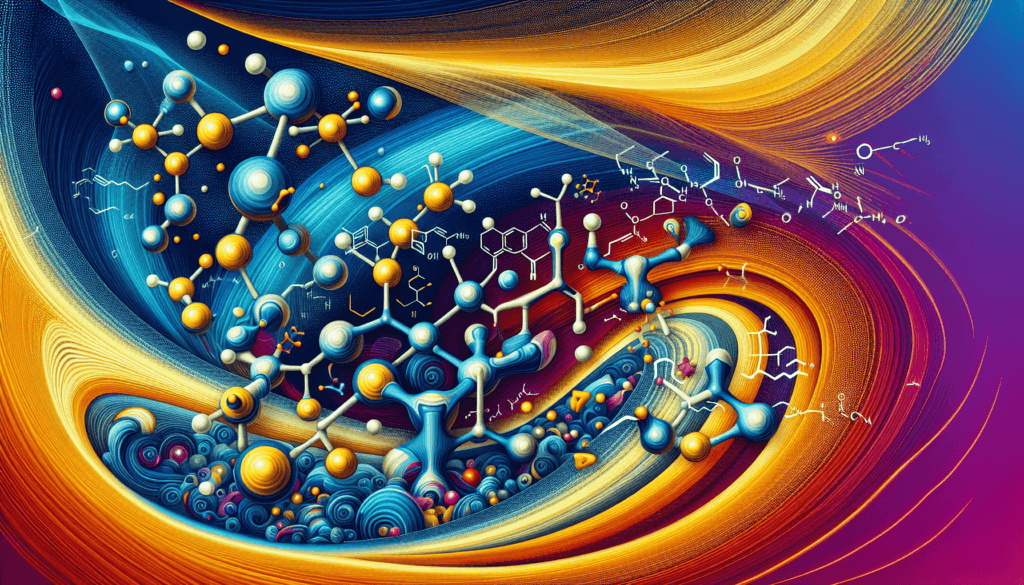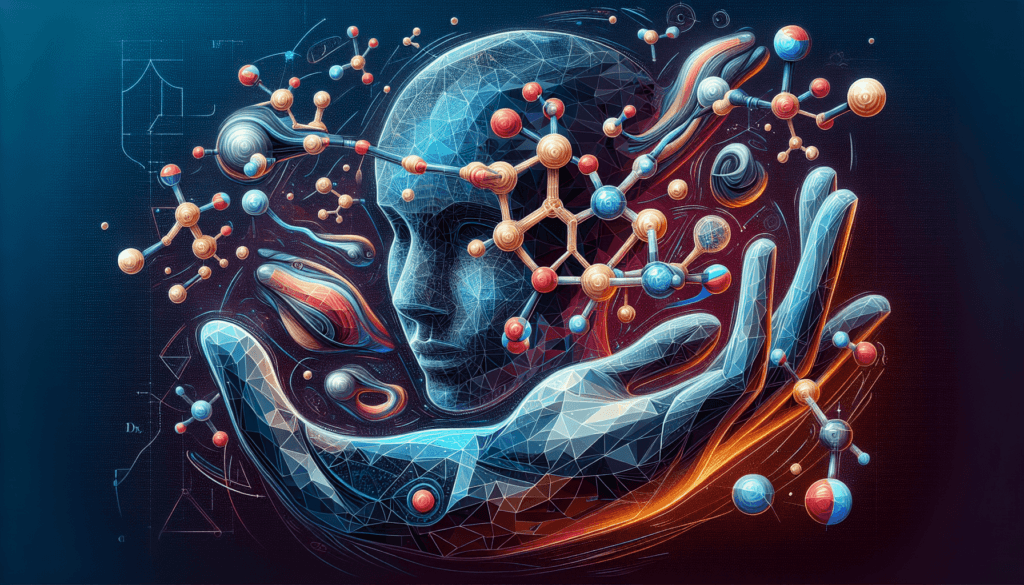Have you ever wondered how your body knows when to grow, when to eat, or even when to feel sleepy? The answer lies in a fascinating group of chemical messengers called hormones, which orchestrate a myriad of functions in your body. While you’ve probably heard of hormones before, you might not be aware of their diverse structures and the critical roles they play in maintaining your bodily functions.

Understanding Hormones: The Essentials
To embark on our journey through the realm of hormones, it’s essential to start with what these incredible molecules are. Hormones are chemical messengers produced by glands in your endocrine system. They travel through your bloodstream to tissues and organs, delivering messages that tell these parts of your body what to do and when to do it. Imagine them as tiny postal workers, delivering instructions that help regulate processes like metabolism, growth, and mood.
These messengers are vital to your well-being. Without them, your body wouldn’t be able to function optimally. Their effects can be profound, and understanding their structuring will allow you to appreciate their contribution to your overall health.
The Three Structural Categories of Hormones
In the world of hormones, not all are created equal. They can be categorized into three primary structural groups, each defined by their unique compositions and mechanisms of action. Let’s explore these categories:
1. Peptide Hormones
Table of Contents
Peptide hormones are made up of amino acid chains and are perhaps the most abundant type in the human body. Think of them as a string of pearls, where each pearl represents an amino acid. Because they are water-soluble, they travel easily through the bloodstream. However, they cannot cross the lipid-rich cell membrane directly. Instead, they bind to specific receptors on the cell surface, triggering a cascade of events inside the cell.
Examples & Functions:
- Insulin: Helps in regulating blood glucose levels by facilitating sugar uptake in cells.
- Glucagon: Works opposite to insulin, increasing blood sugar by promoting the release of glucose from the liver.
- Growth Hormone: Stimulates growth, cell reproduction, and regeneration.
Importance:
Peptide hormones are crucial for quick responses to bodily changes, allowing for regulation of metabolism, growth, and energy use in a dynamic way. Due to their rapid action, they play pivotal roles in immediate responses like stress responses or hunger signals.
2. Steroid Hormones
Steroid hormones are derived from cholesterol and are lipid-soluble, allowing them to pass directly through cell membranes and bind to internal receptors. This attribute enables them to directly influence gene expression and bring about significant cellular changes.
Examples & Functions:
- Cortisol: Often referred to as the stress hormone; it regulates metabolism, inflammation, and helps your body respond to stress.
- Estrogen: Involved in the regulation of the menstrual cycle and reproductive system in females.
- Testosterone: Promotes development of male reproductive tissues and secondary sexual characteristics, also plays a role in muscle and bone health.
Importance:
Steroid hormones usually affect their target tissues over a longer period than peptide hormones, making them crucial for sustained actions such as development and maintenance of sexual characteristics, water balance, and inflammatory responses.
3. Amino Acid-Derived Hormones
Also known as amine hormones, these are derived from a single amino acid, most commonly tyrosine or tryptophan. They exhibit properties of both peptide and steroid hormones, allowing them diverse mechanisms of action depending on their structure and solubility.
Examples & Functions:
- Epinephrine (Adrenaline): Increases heart rate, muscle strength, and energy availability during stress (fight or flight response).
- Thyroxine (T4): Increases overall metabolism, influencing heart rate, and body temperature.
- Melatonin: Regulates sleep-wake cycles by responding to light and darkness in your environment.
Importance:
These hormones are vital for instantaneous, acute responses as well as longer-term processes like growth and circadian rhythms. They often act as neurotransmitters in addition to their hormonal roles, bridging the gap between the nervous and endocrine systems.
The Interplay of Hormonal Structures
Now that you understand the structural categories, it’s worthwhile to consider how these categories interact within your body. Hormones, despite their different actions and structures, don’t operate in isolation. The endocrine system is highly integrated, with hormones often having combined or opposing actions to maintain homeostasis.
Feedback Loops
In your body, feedback loops are crucial for maintaining hormonal balance. For instance, when blood sugar rises, insulin (a peptide hormone) is released to lower it. Conversely, when sugar levels drop, glucagon steps in. This intricate dance ensures that your body remains in equilibrium, avoiding extremes that could be harmful.
Hormonal Synergy and Antagonism
Many hormones work synergistically, their effects amplifying each other to produce a significant physiological response. For example, growth hormone and cortisol can both stimulate certain aspects of metabolism. On the other hand, some hormones antagonize each other, like insulin and glucagon, ensuring that processes such as glucose metabolism are tightly regulated.
Hormones and Health: Why It Matters
Understanding the structure and function of hormones is not just academic—it’s deeply connected to your well-being. Hormonal imbalances can wreak havoc in your life, manifesting as conditions like diabetes, thyroid disorders, or mood swings. By recognizing the role different hormones play, you can better appreciate how lifestyle choices and medical interventions can help maintain or restore balance.
The Role of Lifestyle
Healthy habits can significantly influence your hormonal health. Regular exercise, balanced nutrition, and adequate sleep contribute to the proper functioning of your endocrine system. Stress reduction techniques, such as mindfulness and meditation, can also help in maintaining optimal hormone levels, particularly stress hormones like cortisol.
Medical Interventions
Sometimes, lifestyle changes aren’t enough, and medical intervention becomes necessary. Hormone replacement therapies, medications that adjust hormone levels, or surgery to correct glandular issues can be critical in managing hormonal disorders. It’s important to work closely with healthcare providers to determine the best approach for individual needs.

Conclusion: Appreciating Hormonal Complexity
In navigating the complex world of hormones, you’ve discovered how these mighty chemical messengers fall into three distinct structural categories: peptide, steroid, and amino acid-derived. Their unique structures influence how they act in your body, contributing to diverse yet interconnected functions that are vital to life.
By understanding their complexity, you gain not only insight into how your body operates but also a deeper appreciation for the delicate balance your hormones maintain. Awareness of how lifestyle choices impact hormonal health empowers you to make decisions that support your well-being. Recognizing the signs of hormonal imbalances and seeking appropriate medical care when necessary ensures that you can navigate potential health challenges effectively.
In the end, hormones weave the intricate tapestry of your physical and emotional experiences, demonstrating just how extraordinary the human body truly is. Through every twist and turn in your daily journey, hormones remain your unseen allies, guiding you through a seamless interplay of biological processes that keep you thriving.




